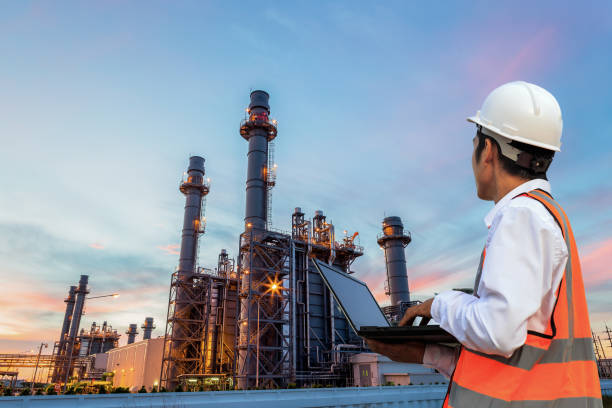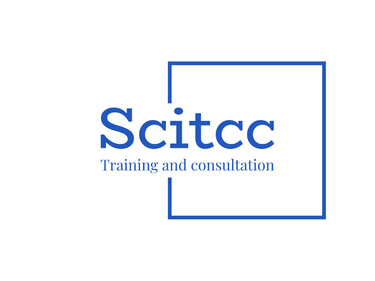
Oil and Gas Equipment Engineering Course
Oil and Gas Equipment Engineering Course
$5500.00
Oil and Gas Equipment Engineering: Professional 5-Day Training Course
Comprehensive Equipment Engineering Program for KSA, Oman, GCC & Africa
Course Overview
This intensive Oil and Gas Equipment Engineering course delivers hands-on training for professionals across Saudi Arabia (KSA), Oman, UAE, Qatar, Kuwait, Bahrain, and Africa. Designed for equipment engineers, maintenance specialists, project managers, and technical professionals in the petroleum industry, this program covers critical equipment systems, maintenance strategies, and operational excellence standards.
Target Audience: Equipment engineers, mechanical engineers, maintenance managers, project engineers, operations supervisors, and technical professionals in oil and gas facilities across the Middle East and African energy sectors.
Day 1: Fundamentals of Oil & Gas Equipment Engineering
Morning Session: Industry Overview & Equipment Classification
Oil and gas industry landscape in Saudi Arabia, Oman, GCC countries, and Africa
Equipment engineering role in upstream, midstream, and downstream operations
Equipment classification systems: rotating, static, process, and utility equipment
Industry standards: API, ASME, ANSI, ISO compliance requirements
Equipment lifecycle management: from procurement to decommissioning
Safety regulations in KSA (IKTVA), Oman, and GCC petroleum facilities
Afternoon Session: Rotating Equipment Fundamentals
Centrifugal pumps: types, selection criteria, and performance curves
Compressors: centrifugal, reciprocating, and screw compressor technologies
Gas and steam turbines: principles, applications, and efficiency optimization
Mechanical seals and bearing systems
Vibration analysis basics for rotating machinery
Case studies from Saudi Aramco, PDO Oman, and African oil facilities
Day 2: Static Equipment & Pressure Vessels
Morning Session: Pressure Vessels & Heat Exchangers
Pressure vessel design per ASME Section VIII standards
Shell and tube heat exchangers: thermal design and rating
Air-cooled heat exchangers for desert climates (KSA, GCC applications)
Storage tanks: API 650 standards, floating roof vs. fixed roof designs
Separators: two-phase and three-phase separation equipment
Corrosion management in sour gas environments (H₂S considerations)
Afternoon Session: Piping Systems & Valves
Piping engineering fundamentals: ASME B31.3 process piping
Valve types and selection: gate, globe, ball, butterfly, and control valves
Actuators: pneumatic, hydraulic, and electric actuation systems
Piping stress analysis and thermal expansion considerations
Material selection for high-temperature and corrosive services
Flare systems and pressure relief device sizing
Day 3: Equipment Maintenance & Reliability Engineering
Morning Session: Maintenance Strategies
Preventive maintenance (PM) vs. predictive maintenance (PdM) programs
Reliability-centered maintenance (RCM) methodology
Total productive maintenance (TPM) implementation
Computerized maintenance management systems (CMMS) applications
Key performance indicators (KPIs): OEE, MTBF, MTTR, availability
Maintenance best practices from Saudi Aramco and GCC operators
Afternoon Session: Condition Monitoring Techniques
Vibration monitoring and analysis for rotating equipment
Thermography applications in oil and gas facilities
Oil analysis: contamination and wear debris monitoring
Ultrasonic testing for leak detection and equipment inspection
Performance monitoring and trending analysis
Predictive analytics and Industry 4.0 technologies
Day 4: Equipment Installation & Commissioning
Morning Session: Installation & Pre-commissioning
Equipment installation procedures and alignment techniques
Foundation design and grouting requirements
Piping and equipment pre-commissioning activities
Hydrostatic testing and pressure testing protocols
Cleaning and flushing procedures for process systems
Documentation and as-built drawings management
Afternoon Session: Commissioning & Startup
Commissioning procedures for rotating and static equipment
Performance testing and acceptance criteria
Loop checking and instrument calibration
Startup sequences for process units
Troubleshooting common startup issues
Handover procedures and operational readiness
Day 5: Advanced Topics & Asset Management
Morning Session: Equipment Integrity Management
Risk-based inspection (RBI) methodology per API 580/581
Fitness-for-service (FFS) assessments per API 579
Corrosion monitoring and inspection programs
Non-destructive testing (NDT) techniques: UT, RT, MT, PT
Pressure safety valve (PSV) testing and certification
Equipment failure analysis and root cause investigation
Afternoon Session: Asset Optimization & Future Trends
Asset performance management (APM) strategies
Digital twins and IoT applications in equipment monitoring
Energy efficiency optimization for equipment operations
Sustainability initiatives in GCC and African petroleum sectors
Equipment modernization and upgrade strategies
Cost optimization and budget management for maintenance
Q&A session and course wrap-up
Learning Outcomes
Participants will gain expertise in:
Equipment selection, operation, and maintenance best practices
Industry standards compliance (API, ASME, ISO)
Reliability engineering and predictive maintenance techniques
Safety and integrity management systems
Troubleshooting and problem-solving methodologies
Why Choose This Course for KSA, Oman, GCC & Africa?
✅ Region-specific content addressing desert operations, sour gas challenges, and local regulations
✅ Expert instructors with experience in Saudi Aramco, PDO, ADNOC, and African petroleum companies
✅ Practical case studies from Middle Eastern and African oil and gas projects
✅ Internationally recognized certification upon completion
✅ Networking opportunities with regional petroleum professionals
Target Industries & Applications
Upstream operations: drilling, production facilities, wellhead equipment
Midstream infrastructure: pipelines, pumping stations, storage terminals
Downstream facilities: refineries, petrochemical plants, gas processing units
National oil companies: Saudi Aramco, PDO, ADNOC, Sonatrach, Nigerian NNPC
Service companies: equipment suppliers, maintenance contractors, EPC firms
Certification & Accreditation
Participants receive an internationally recognized certificate in Oil and Gas Equipment Engineering, enhancing career prospects in Saudi Arabia’s petroleum sector, Oman’s oil industry, UAE energy companies, and across GCC and African markets.
Keywords optimized for: Oil and gas equipment engineering KSA, petroleum equipment training Saudi Arabia, equipment engineering course Oman, GCC oil and gas training, rotating equipment course Middle East, maintenance engineering Africa, Saudi Aramco equipment standards, PDO Oman training, equipment reliability GCC, oil and gas certification UAE, petroleum engineering course Qatar, Kuwait oil industry training, Bahrain energy sector development, African petroleum equipment engineering.
Register today to advance your equipment engineering expertise in the dynamic Middle Eastern and African oil and gas industries!


